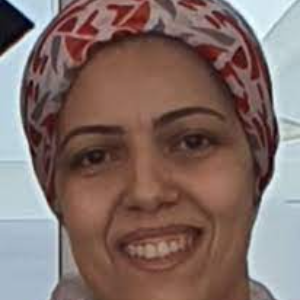Title : Predicting performance of nanofibrous scaffolds for skin tissue engineering: Deep learning compared to machine learning regression models
Abstract:
On a medical side, lot of attention is directed nowadays to the field of Tissue Engineering and Regenerative Medicine. Skin Tissue Engineering provides a significant improvement to wounds healing with a remarkable effect on scars formation. Skin components can be rebuilt with safeguarding its structure and function by the help of advanced scaffold manufacturing techniques. One is the Nanofibrous scaffolds which are artificial 3D structures that contribute to tissue regeneration in an alike-natural conditions. Owing grand surface to volume ratio, Nanofibrous scaffolds effectively assist cell adhesion, proliferation, and differentiation. Merging medical interests with huge explosion of artificial intelligence concepts is a key point towards preserving human life and providing better health. Nowadays, machines can reliably contribute taking critical decisions in a wide range of applications including regenerative medicine and tissue engineering. Machine Learning comes by presenting all available information in the form of training data to a computerized model which in turn takes or confirms a human decision. Regression machine learning models hit on correlations, associations and other relations between a dependent variable (output) and group of features (inputs). A currently booming machine learning model is Deep Learning that is basically a three layers or more neural network. Adding hidden layers drives Deep Learning towards more accuracy optimization, deeper analysis and automation enhancement. The objective of this research is to study the prediction performance of nanofibrous scaffolds using deep learning model. Then, results are compared to those of three well known regression models namely, Linear regression, k Nearest Neighbor and Support Vector Machine.



